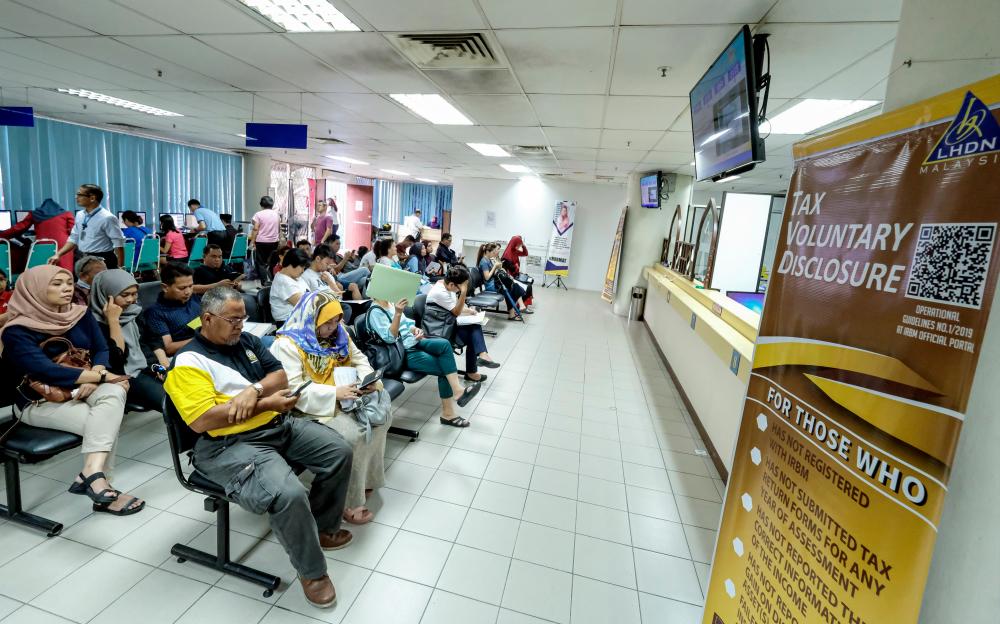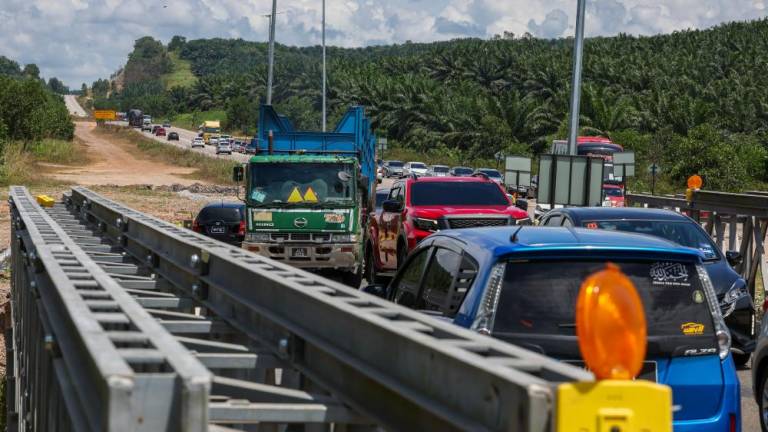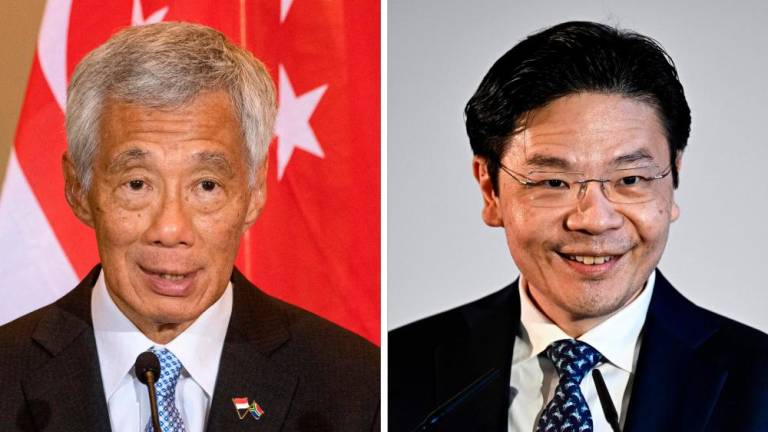PAS Central’s Economic, Real Estate and Entrepreneur Development Committee lauds the Finance Ministry’s initiative to begin issuing a pre-budget statement (PBS) effective this year, being a definitive step in improving the processes involved in drafting the nation’s annual budget.
Among the matters touched on specifically by the PBS was the strategy with which to improve the country’s tax revenues given the government’s sub-par collection in 2021, which fell well short of its targets.
To wit, as of July 2021, direct tax collection stood at RM67.4 billion – just 56.2% of its target – while indirect tax recorded a collection of RM24.8 billion, or 59% of its target.
The country’s capital-based economic structure means that taxes, being the main source of revenue, will always possess an acute impact on its overall economic system.
In dissecting the country’s macroeconomic situation, therefore, we have forwarded several strategic recommendations, with an eye towards helping increase the government’s tax revenues and drive economic growth.
In keeping with this constructive role, we would like to forward the following recommendations for the government’s consideration, as it prepares for the 2022 budget.
Fairer taxes and distribution
Taxes should fit the basic purpose of its execution i.e., as a source of income to the government, in order for it to have sufficient funds to implement its programmes for the benefit of the rakyat as a whole.
In other words, taxes must meet the basic concept of taking from the rich to help the poor.
On this basis, we have in the past proposed concepts intended to ensure that the act of taxation in itself is both fair and equitable. These include:
1. A Capital tax on shares (CTS), which consists of two components:
a. A tax on the value of shares held for a period of at least one year, assessed based on the
lowest price of the shares in the previous 12 months, and
b. To avoid and reduce speculation, a tax will also be levied on the profit earned if the shares held are disposed of in less than one year.
The proposed tax rate of 2.5% is based on the Islamic tenet of zakat. To enable this to be implemented, of course, a thorough and comprehensive feasibility study will need to be conducted to ensure its applicability and success, particularly in determining the procedures required in its execution and assessing any potential concerns from the investment community.
Based on our simulations of the current market, we estimate that CTS would be able to add approximately RM12.5 billion per annum to the nation’s coffers.
2. A tax on corporate saving (TCS), which takes into account cash and bank balances as well as other classes of financial assets. The proposed rate is also 2.5% based on zakat, assessed from the lowest balance or average balance within the preceding year. Based on trading capacity in the current equity markets, we project another RM33 billion in tax revenues can be made available from TCS alone.
The above are capable of contributing to a more efficient distribution of capital in the country’s economic system. Technically, it is also capable of reducing the lazy balance sheet phenomenon, where cash balances are often left idle instead of being actively invested in domestic economic activities, forgoing the opportunity of contributing to the country’s growth trajectory.
A comprehensive tax to prevent revenue leakages
Technically, it is undeniable that the Goods and Services Tax (GST) is a more comprehensive system due to its base on taxation at every stage of consumption. It is a proven system that demands serious consideration, more so in terms of minimising - if not eliminating - leakages altogether.
However, in order to ensure social justice and to avoid any potential for its uneven implementation, the government needs to consider two key concerns, namely:
1. Ensuring that the poor are not unduly taxed in their daily transactions.
We concede that such a step would be difficult to implement if the classification of taxability of the Malaysian populace continues as is. Therefore, we propose the implementation of a hybrid-GST i.e., by borrowing the concept of leisure tax i.e., where taxes are based on unused resources or luxury spending.
Hence the basis for taxation in this case is “all goods and services are not taxed, except where taxable”, as opposed to the original concept of GST which is” all goods and services are taxed, except where they are non-taxable”.
2. A more equitable and conducive GST rate needs to be established.
Based on our analysis, a more reasonable GST rate of between 2% to 3% is viable.
Based on our simulation, this reform in the GST system can potentially contribute another RM16 billion per annum to the government.
Digital economy tax
In addition to the above measures, it is also critical that a tax system that is in line with the development of the digital economy be set firmly in place, to ensure that collection from the sector grows in tandem with rapidly growing e-commerce activities, as opposed to the blanket 6% digital services tax that is imposed by the government today.
As it stands, this tax is actually a consumption tax that is eventually transferred to consumers, rather than an income tax, which is levied on the profits raked by technology companies.
A digital tax system based on income will also ensure a wider tax coverage on all digital activities can be implemented and ensures all online business players and gig-economies – who were previously not taxed – are taxed appropriately based on their income.
As we have noted in the past, active support of and participation in the Organisation for Economic Co-operation and Development’s proposal to introduce a minimum global tax of 15% can also help ensure that companies – such as multinational technology companies in question – are actually taxed for the profits they make in countries where they operate.
This can be done by doing away with the separate entity principle that has allowed them to evade taxes by registering profits in countries with lower tax rates, and shifting losses to those with higher rates.
Mazli Noor is PAS Central’s Economic, Real Estate and Entrepreneur Development Committee vice-chairman 2. Comments: letters@thesundaily.com













